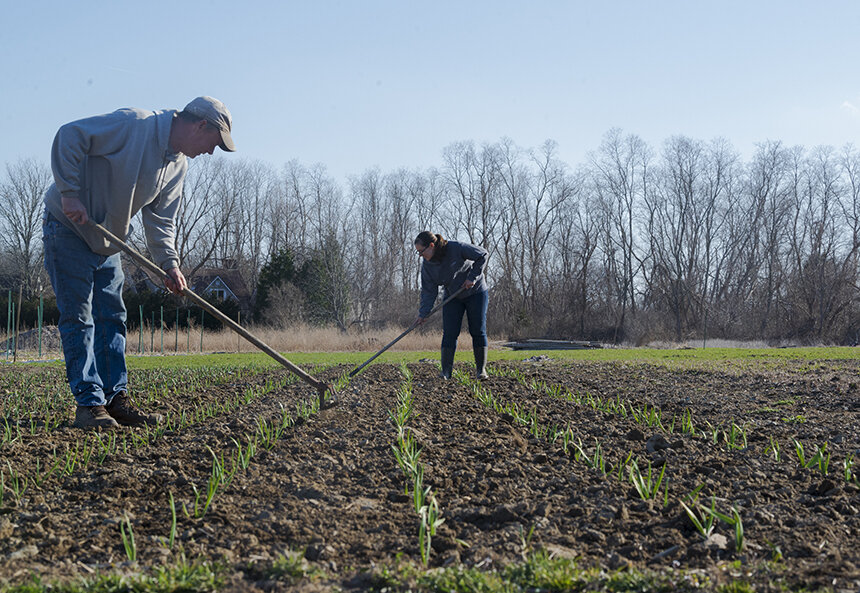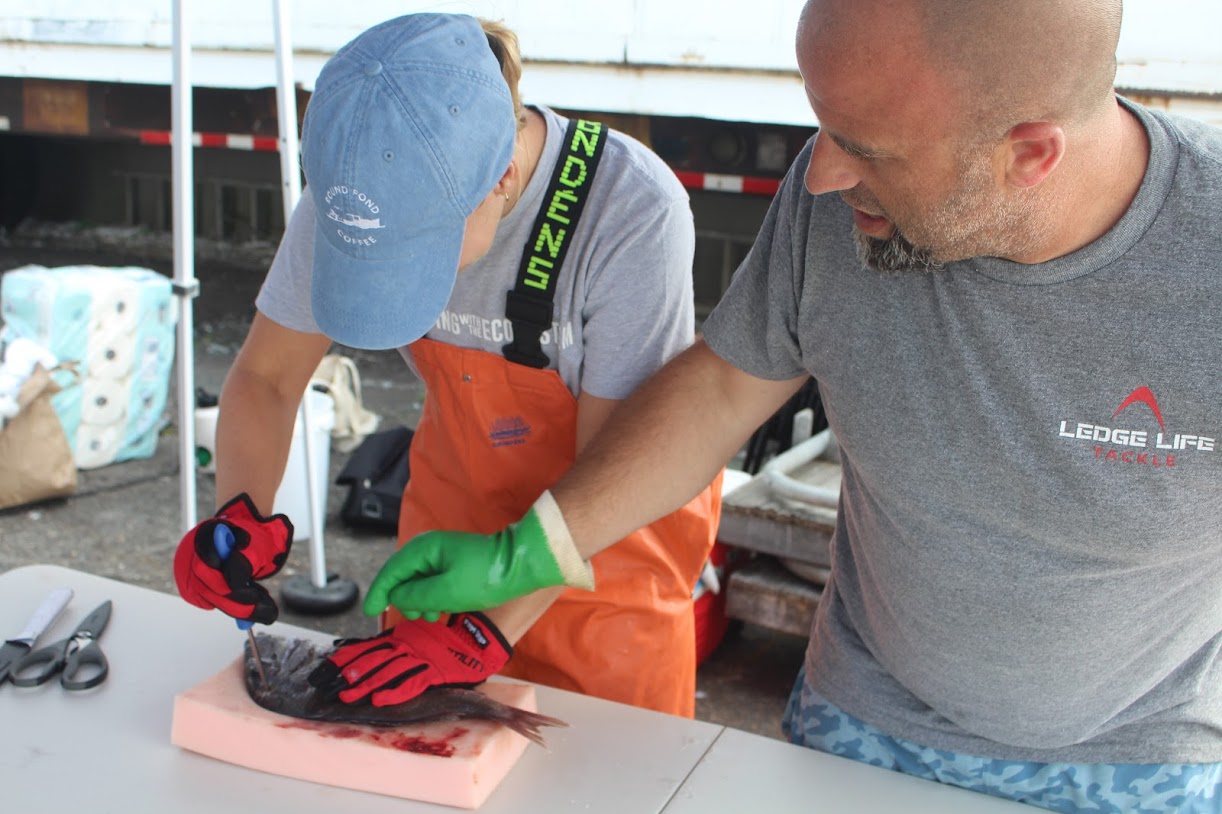DEM Warns ‘Deadly’ Avian Flu Strain Headed to R.I.
Virus is lethal to poultry, but is not considered a threat to people or public health
March 7, 2022
PROVIDENCE — The Rhode Island Department of Environmental Management (DEM) is warning both commercial poultry producers and backyard chicken keepers that a contagious, virulent avian flu detected in Massachusetts and Connecticut is likely headed to Rhode Island.
The U.S. Department of Agriculture (USDA) confirmed the presence of the flu in a wild bird in South Carolina on Jan. 14. The detection is not an immediate public health concern, according to the U.S. Centers for Disease Control and Prevention (CDC), because no human cases of the flu have been detected in the U.S. Birds from infected flocks will not enter the food system, the CDC said.
“This strain of avian flu is deadly to chickens, turkeys, ducks, quail, and other birds,” said state veterinarian Scott Marshall, who is leading DEM’s response to the virus.
The USDA has also confirmed the presence of the virus in Indiana, Kentucky, New York, Delaware, North Carolina, Virginia, Maine, Michigan, New Hampshire, Iowa, Connecticut (on March 2), and Massachusetts (on March 3). Rhode Island is at risk because the flu has been detected in harvested wild waterfowl reported along the Atlantic flyway, the migratory bird route that includes the Ocean State, and because of its proximity to the southern New England states where the disease has now been found, according to the DEM.
Avian influenza, sometimes called bird flu or avian flu, is usually carried by wild waterfowl and other waterbirds that can sometimes spread from wild birds to domestic poultry. Although avian influenza and human influenza are both caused by influenza viruses, each virus generally affects either birds or people, but not both. Some people, however, have been infected with avian influenza viruses following contact with infected birds. According to the CDC, person-to-person spread has occurred rarely, mainly in family clusters and no sustained transmission has been noted. Avian influenza viruses respond to standard antiviral drugs such as Oseltamivir, according to the CDC.
The death rate of poultry infected with the virus approaches 100 percent. Without control of the spread by humanely killing infected chickens, all poultry could be wiped out across the state, according to DEM. Humane euthanasia of infected birds will remove them as a source of infection for other birds.
Poultry producers who have to euthanize their birds won’t be eligible for financial aid unless DEM tests the birds and approves depopulation. Producers will be able to seek federal money for poultry that have lab-confirmed positive tests and depopulation approved by both USDA and DEM.
“It could cause significant economic harm to Rhode Island poultry producers. For now, while DEM continues to monitor flocks for infection, we urge all poultry owners to take precautions to protect their flocks by enhancing biosecurity,” Marshall said.
Marshall said farmers should restrict access to poultry; keep poultry separated from all wild birds, particularly migratory waterfowl; keep cages, coops, and clothes clean and disinfected; properly dispose of dead birds; and report sick birds or unusual bird deaths to DEM. Members of the public can report sick or dying domestic birds by calling 401-222-2781 or, after regular business hours, 401-222-3070. To report sick or dying wild birds, call DEM’s Division of Fish & Wildlife at 401-789-0281.
DEM is working with the USDA on monitoring the situation and with the Rhode Island Department of Health and the Rhode Island Emergency Management Agency to coordinate emergency response plans.
DEM and most agriculture regulatory agencies in New England are asking poultry owners to voluntarily postpone shows, exhibitions, and poultry swap meets where birds are traded, now through June.
DEM’s plan includes responding quickly to reports of sick or dying poultry, obtaining samples, and submitting these samples to nationally accredited labs for a diagnosis. Once the diagnosis is confirmed, the poultry on that farm will be euthanized within 24 hours to reduce the spread of the virus. DEM response teams may establish a control zone around the affected farm if it is a commercial poultry producer. DEM will prioritize samples from sick birds, but anyone who wishes to move birds from a control zone will be required to have those birds tested prior to movement, and they will need to have a permit issued prior to movement in accordance with state and federal plans.



